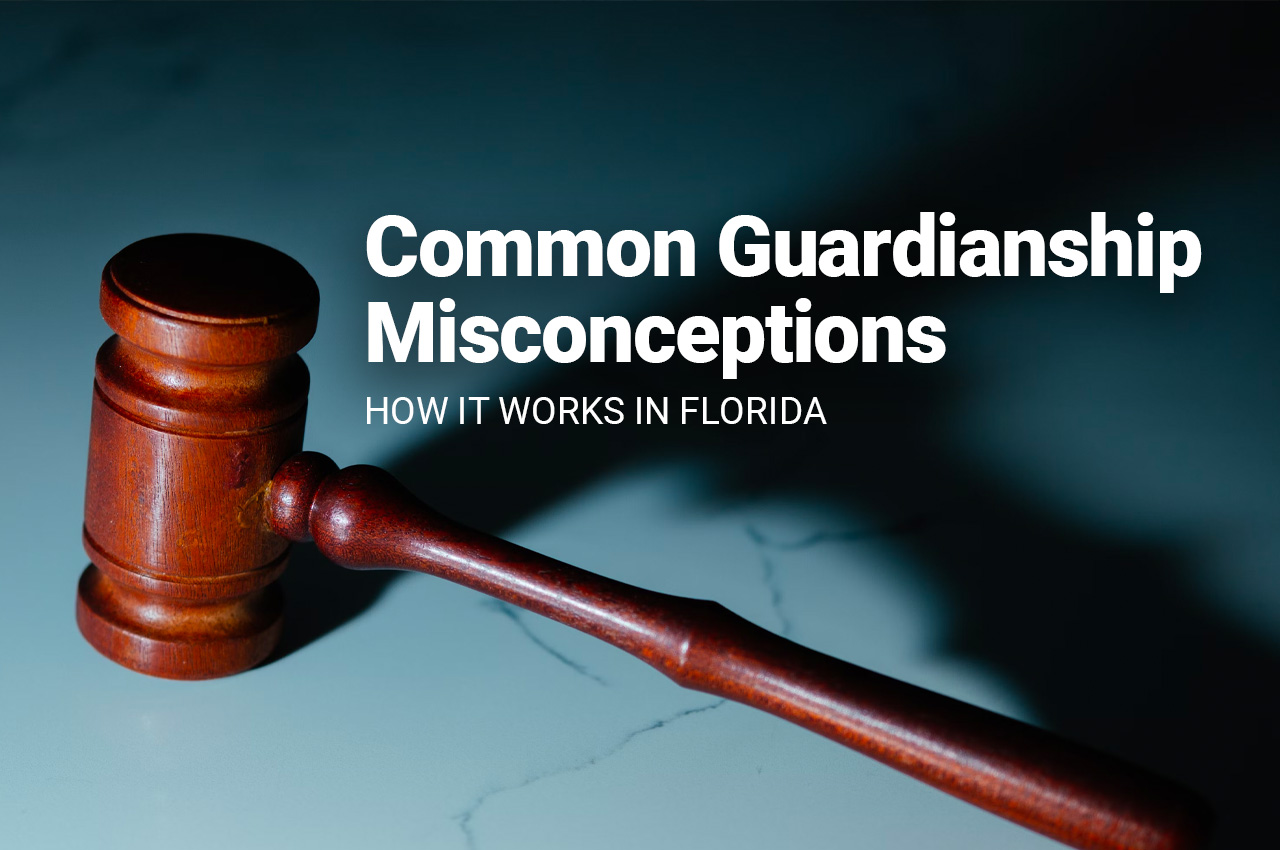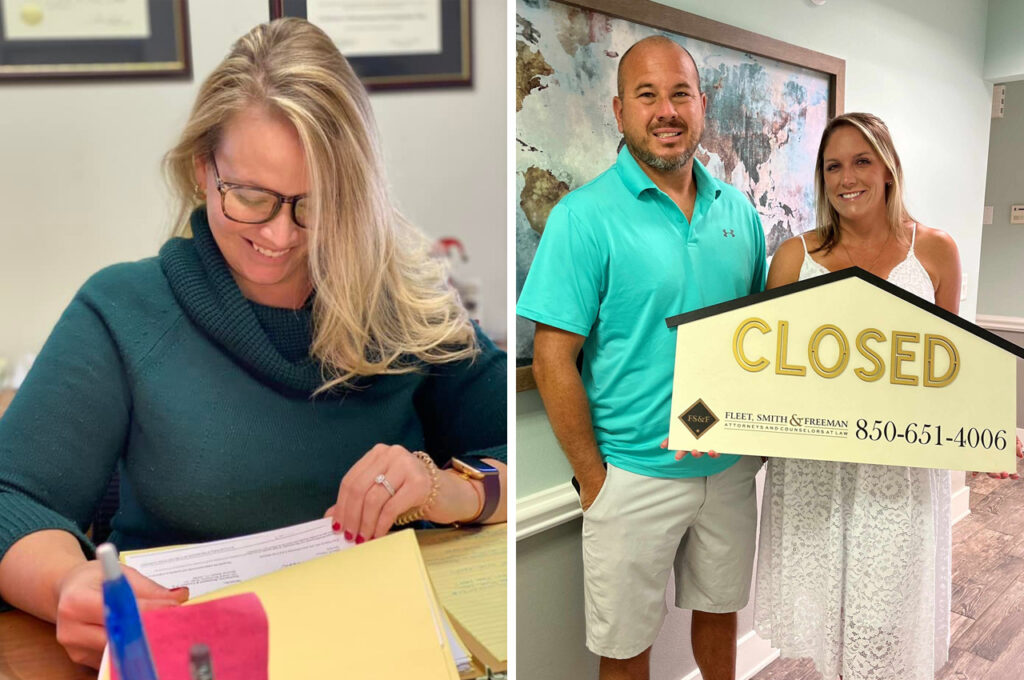Guardianship is a legal process that removes an individual’s constitutional rights to manage their own personal, medical, or financial affairs due to incapacity from disability or age. It is often misunderstood or pursued for the wrong reasons according to local attorney Whitney Smith.
- “Just because someone is making bad decisions doesn’t mean they need a guardianship,” said Smith, partner at Fleet, Smith and Freeman Law Firm in Shalimar, Florida. “There are pretty high standards to take away their rights. It’s not just because they’re making irrational decisions.”
Guardianship cases require extensive evaluation and court approval. The court appoints three independent medical professionals to examine the alleged incapacitated person and provide written opinions on functional capacity. An attorney is also appointed to represent the individual’s rights and advocate their wishes. The court reviews these filings and makes a determination.
“Ultimately it’s up to the judge to decide what this person can and can’t do,” Smith explained.
Judges can customize guardianship restrictions based on the reported evaluations. Once approved, the guardian must file annual accountings and plans on the ward’s health, residence, and finances which the court reviews and approves.
Misconceptions About Guardianship
One common misunderstanding Smith highlighted is seeking guardianship due to disagreement with someone’s choices or beliefs they are being manipulated. However, poor decision making alone does not meet incapacity standards for removing individual rights.
“If my mom’s being Catfished or sending money to some foreign country and I don’t agree with it and I know that it’s a scam, that’s a bad decision,” explained Smith. “But that doesn’t warrant a judge stripping my mom or anybody of their legal rights, and that includes to marry or to contract with someone.”
Another frequent misconception involves guardianship of minors. Parents are their children’s natural guardians. Court appointment is only necessary when a child inherits assets without an established trust for management. The guardian must account for these finances annually and they can only be used to benefit the child.
- “The surviving parent has an obligation to support their own child,” Smith said. “There might be $1 million dollars over here that a child inherited from their dad. That’s not there to be used for the child’s well-being. Ultimately, that child will inherit the million dollars when they’re 18.”
Avoiding Guardianship Court
Guardianship litigation can be a lengthy process but is avoidable with proper advance planning according to Smith. Executing legal documents such as a power of attorney and health care surrogate while capable clearly defines future decision-making authority and preferences.
“The more you put in place, the better off you are. There’s a document called a pre-need guardian where you can say who you would like to be your guardian in the event you become incapacitated,” said Smith. “It does save a court proceeding. You won’t have grandparents coming to court saying they want the grandbabies.”
Without these measures, state law establishes priority preference for guardianship starting with a spouse, then adult children, siblings, etc. Disputes over control often lead the court to appoint an independent third party instead. Smith emphasized this outcome can be avoided by families agreeing and formalizing expectations ahead of time.
Getting Started and Reversing Decisions
Guardianship cases require significant medical evidence and preparation which makes them lengthy proceedings according to Smith. Emergency temporary guardians can be quickly granted in the event someone is threatening themselves or others until the permanent guardian is appointed; however medical reports must still be provided shortly after and full proceedings initiated to have a permanent guardian appointed.
- Annual reviews continue as long as an individual remains a ward.
Restoring rights requires similarly stringent processes. A ward wishing to have their rights restored must obtain an independent medical evaluation affirming capacity restoration then petition the court.
- Minors reaching age 18 can file for automatic dismissal upon final financial accounting.
Smith summed up that guardianship is an extreme decision with lifelong impact not to be taken lightly or for trivial matters. Proper estate planning documents and family cohesion can prevent these scenarios.
When concerns arise regarding safety or financial harm, Smith recommends consulting both medical and legal guidance before pursuing court intervention. “Just because they’re making bad decisions, that doesn’t mean they need guardianship,” she added. “Get a power of attorney in place and get a healthcare surrogate in place. Those two documents may help you avoid court.”





